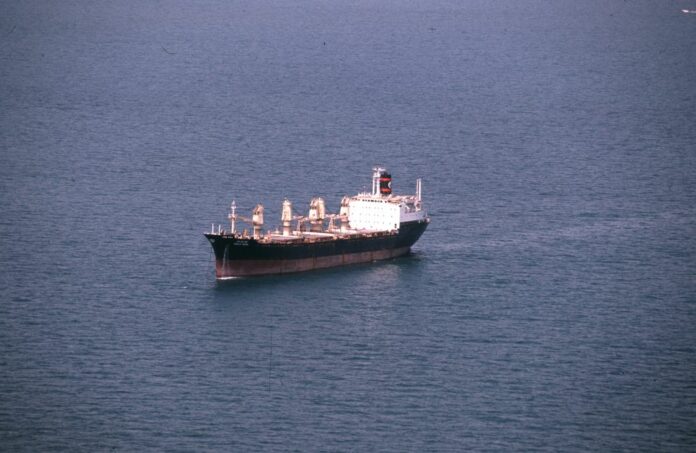

TRIPOLI (LIBIA) (ITALPRESS/MNA) – Libya’s national unity government, headed by Prime Minister Abdel Hamid Dbeibeh, established a new maritime zone, which analysts considered a new chapter in the intense race over energy sources in the Eastern Mediterranean basin. Libya will be become a renewable energy source for Malta following a Memorandum of Understanding signed earlier this year between the Libyan Prime Minister Abdul Hamid Dbeibah and the Maltese counterpart Robert Abela. Abela said, “Libya has a strong potential to generate renewable energy and in the context of Libya’s willingness to be a strategic partner with the European Union it leads to Malta being ready to serve as a centre for green energy that connects Europe with Africa”. The cooperation on the use of alternative energy is also of great importance following a meeting with the Prime Minister of Italy Giorgia Meloni and in the context of an agreement reached in Malta this year at the MED9 summit between the energy ministers of nine member states of the EU located in the Mediterranean. The new Libyan decision expands the authority of maritime borders from 12 to 24 nautical miles. However, the demarcation of maritime borders by Libya constitutes a point of fundamental regional disagreement with Turkey, Greece, Cyprus, and Egypt. Signs of the disagreement appeared since the signing of a maritime border agreement between the Tripoli government and Turkey in 2019. The Foreign Ministry of the Dbebeih government justified this by saying the region falls within Libya’s sovereign rights over the area adjacent to its territorial waters and does not violate international law or infringe on the maritime borders of other countries. The head of the Land and Maritime Boundaries Committee at the Ministry of Foreign Affairs, Mohamed Al-Harari, asserted that the new law confirms Tunisia’s eastern marine border. (ITALPRESS).
Foto: Agenzia Fotogramma












